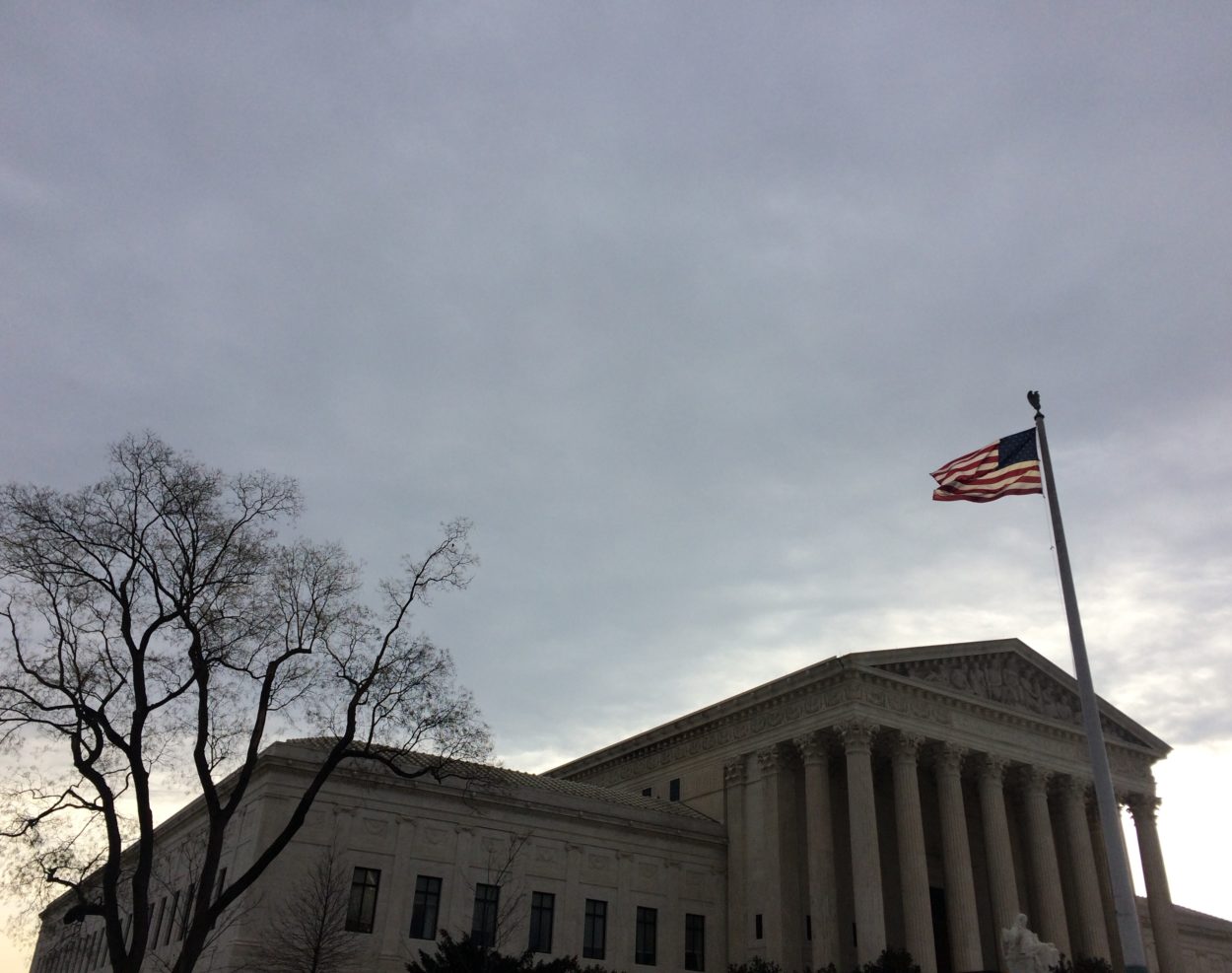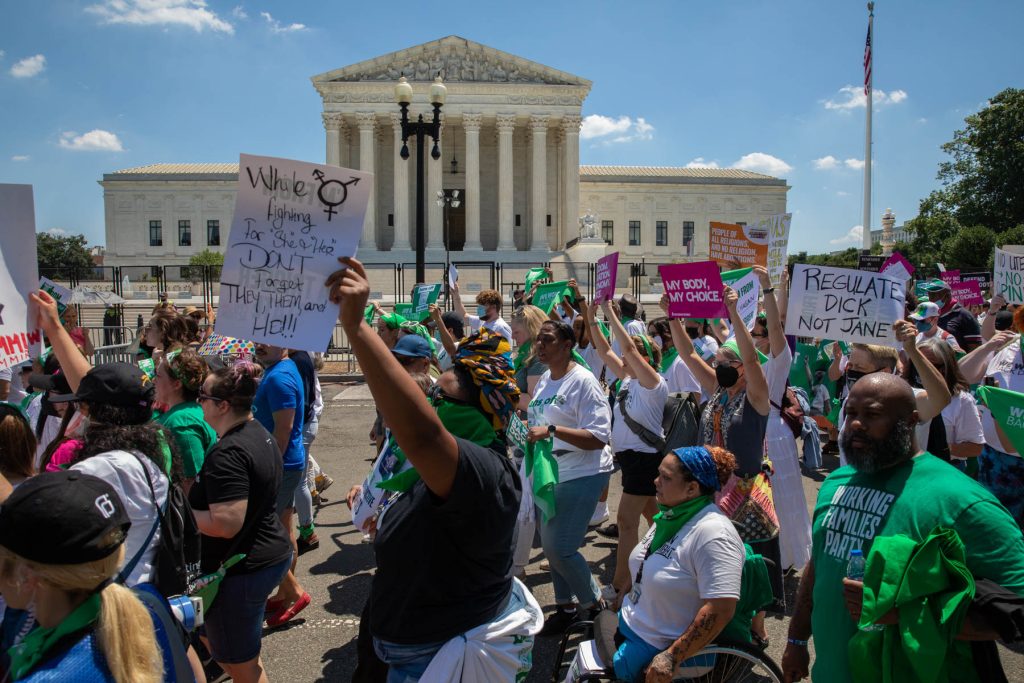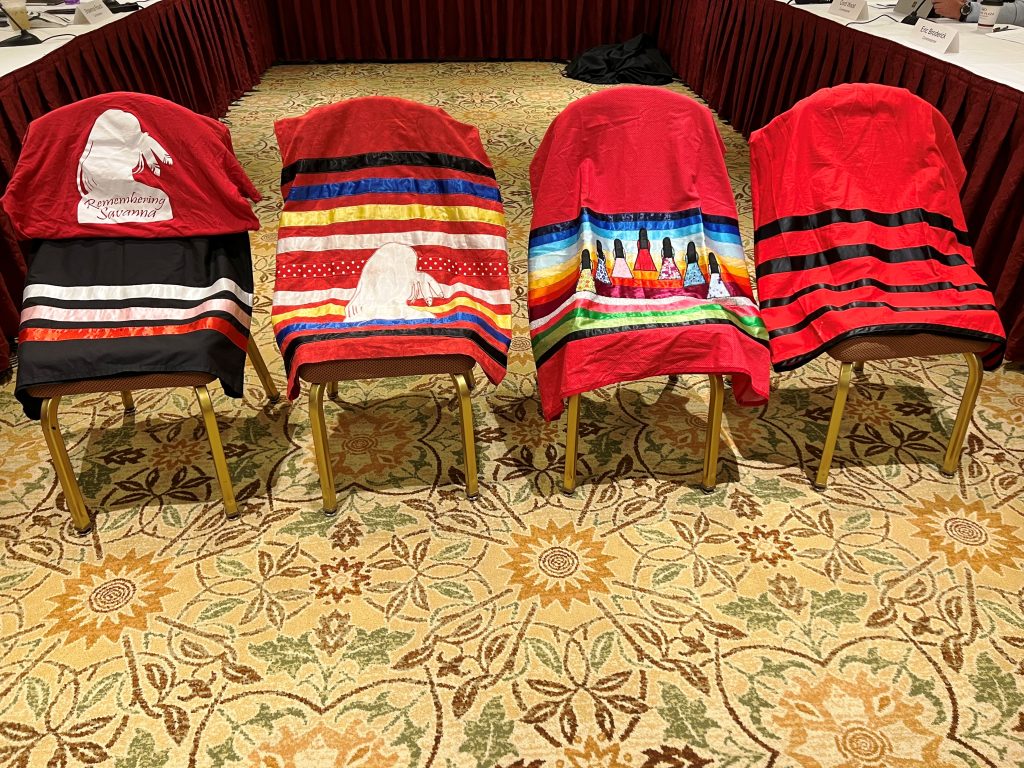Justice Amy Coney Barrett’s confirmation on the U.S. Supreme Court Monday creates uncertainty for mixed status and undocumented families, according to experts.
Felipe Rodriguez, campaign manager for nonprofit group New Mexico Dream Team, told NM Political Report that Barrett’s confirmation concerned him.
Rodriguez pointed to the recent Supreme Court decision in late June which upheld DACA (Deferred Action for Childhood Arrivals) and ruled against President Donald Trump. While a victory for migrants and mixed status families, the Trump administration lost by a thin 5-4 margin.
Related: SCOTUS DACA decision will help 5,800 New Mexico DACA recipients
“We still have Trump trying to end this program,” Rodriguez said. “With this new composition of the court, that decision will be different.”
Rodriguez said that if a DACA recipient loses their DACA status, they could lose their job, their job security and not be able to provide for their families. He said it could also mean that DACA recipients, many of whom grew up in the U.S., cannot get health insurance, a car loan or a home mortgage and might not be able to go to college.
It could also mean that Border Patrol could stop people living close to the border to check on their immigration status.
“It’s common for someone who looks brown to get pulled over by Border Patrol agents. They could ask for immigration papers,” Rodriguez said.
Because the federal government excluded migrant families from being able to receive either Unemployment Insurance or relief from the federal CARES Act, migrant and mixed status families are already hurting, Rodriguez said.
Related: Immigrants left out
Barrett considers herself an “originalist,” meaning she hues strongly to what she believes the authors of the Constitution and subsequent laws intended.
Rodriguez said that while he watched some of her confirmation hearings in the U.S. Senate, he felt concern over Barrett’s position as an originalist. Many of the men who wrote the Constitution owned slaves and the first immigration law in the U.S. was “exclusive to white men with property,” Rodriguez said.
“I think that can be very reactionary,” Rodriguez said. “Taking that perspective, that can be very hurtful.”






















